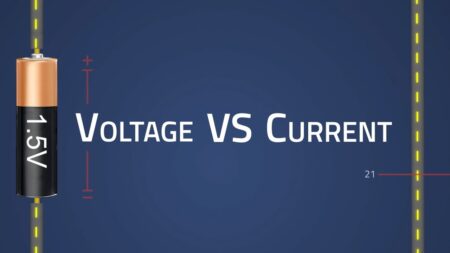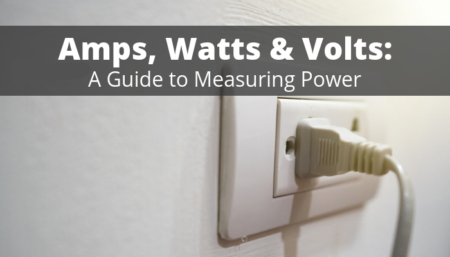Building your PC requires deciding whether to invest in a modular or non-modular power supply. So let us understand what a modular power supply unit is before discussing the different types of modular power supply and their comparison with non-modular power supplies.
What is a Modular Power Supply?
A modular power supply is a device with either fully detached or a few attached cables, responsible for supplying power to your PC components, including the motherboard, cooling fans, HDD, SDD, etc., through a connecting power supply slot.
In short, a modular power supply distributes voltage or power throughout the PC system. You can find the modular power supply in the form of a metal box placed in a corner inside the PC case.
Two Types of Modular Power Supply
The modular power supply is of two types.
- Semi-Modular Power Supply
- Fully Modular Power Supply
The primary difference between the different categories of power supply units is how they treat their cabling. For example, a fully modular power supply unit has no cables attached, whereas a non-modular PSU has all its cables permanently attached. In contrast, the semi-modular power supply unit has some wires attached.
Non-Modular Power Supply Unit
As stated earlier, a non-modular PSU has all cables attached to the unit. So, it looks full of clutter with various wires jutting out of the box at different angles. Usually, the cables are color-coded to make it easy for users. But they present an outdated appearance. So, it is an ideal power supply unit if you have a tight budget.
Semi-Modular Power Supply Unit
Semi-modular PSU has basic cables connected to it. They include the connections to the motherboard, the PCIe power connector, and the 8-pin CPU cable. Besides, it allows customizing the power supply according to your requirements. Moreover, it has detachable cable slots to connect the wires if required.
Fully Modular Power Supply Unit
A fully modular Power Supply Unit does not have any cables, giving the unit a clean look and the best airflow. Therefore, it offers total freedom to build your customized PC. They feature braided cable sleeves and look chubbier than the non-modular and semi-modular power supply units.
Pros and Cons of Modular and Non-modular PSUs
Let us discuss the pros and cons of modular and non-modular power supply units.
| Pros of Non-modular PSUs |
| Non-modular PSUs cost substantially less than modular power supply units. So, it is ideal if you are on a tight budget. But we recommend you go with a reliable non-modular PSU because mediocre units are available on the market. |
| Non-modular PSUs are generally used in stationary computers, such as office equipment, servers, etc. Gaming computers also use non-modular PSUs. |
| Cons of Non-modular PSUs |
| Non-modular PSUs have lots of wires hanging all over the place. It can affect the airflow and also damage the internal components of the PC cabinet because of overheating. |
| The cables are soldered inside the unit. So, removing non-essential wires is impossible. |
| Cleaning the non-modular PSUs of the dust is challenging. |
| Pros of Modular PSUs |
| Fully modular PSUs are the best because they do not have any cables extending from them. Semi-modular PSUs are also good because you can connect the essential components alone to the PSU through individual connectors. |
| The PC cabinet looks neat and compact because of as few cables as possible. |
| Modular PSUs save money because you do not compromise with numerous unnecessary cables. |
| Cons of Modular PSUs |
| Modular PSUs are comparatively higher priced than non-modular PSUs. |
Given a choice, what would you buy between a modular and a non-modular PSU?
If you are on a tight budget, the non-modular PSU should suit your purpose. Otherwise, a modular PSU is better any day. Here are some reasons you must go for the modular PSU.
a. Excellent cable management
Modular PSUs allow you to put all your components in their respective places and plug the required modular cables. It provides better cable management than non-modular power supply units.
b. Easy to clean
Modular PSUs keep your PC cabinet neat, making it convenient to clean it. In addition, it allows sufficient airflow inside the cabinet and helps in heat management.
c. Access all components easily.
The modular PSU structure enables you to access all PC components conveniently. You need not remove any wires from the way before accessing them. It proves helpful when replacing defective parts.
d. Allows better power flow
Modular PSUs enable an uninterrupted connection with the PC components, resulting in excellent power transfer. Hence, it enhances your computer’s performance.
Conclusion
We have discussed the different types of power supply units in your PC. While non-modular PSUs save money because of lower costs, they are challenging to handle. On the other hand, modular PSUs deliver excellent performances, ensure better cable management, and keep your PC cabinet free of clutter. Therefore, a modular PSU is a desirable option when building your PC.



